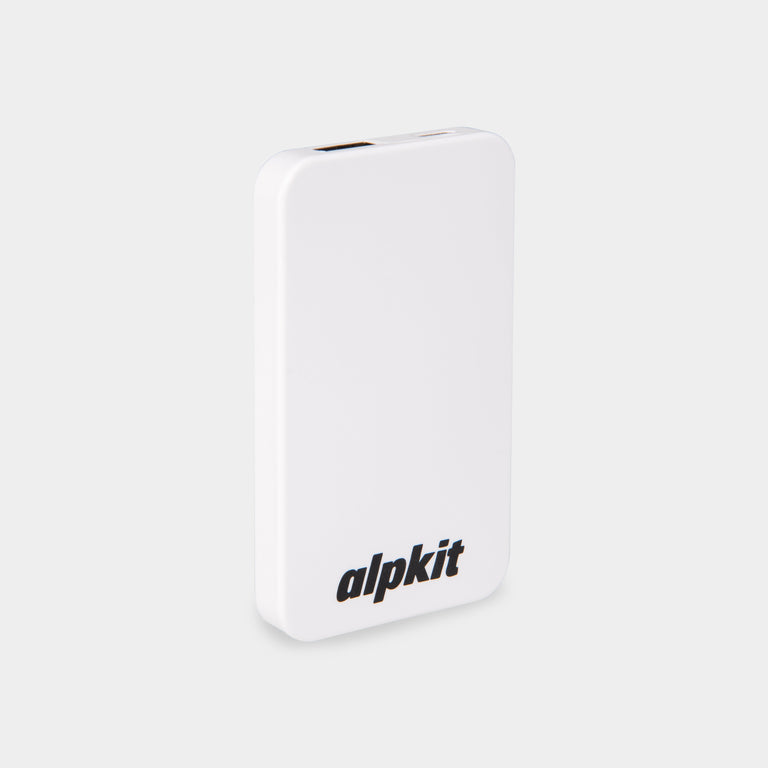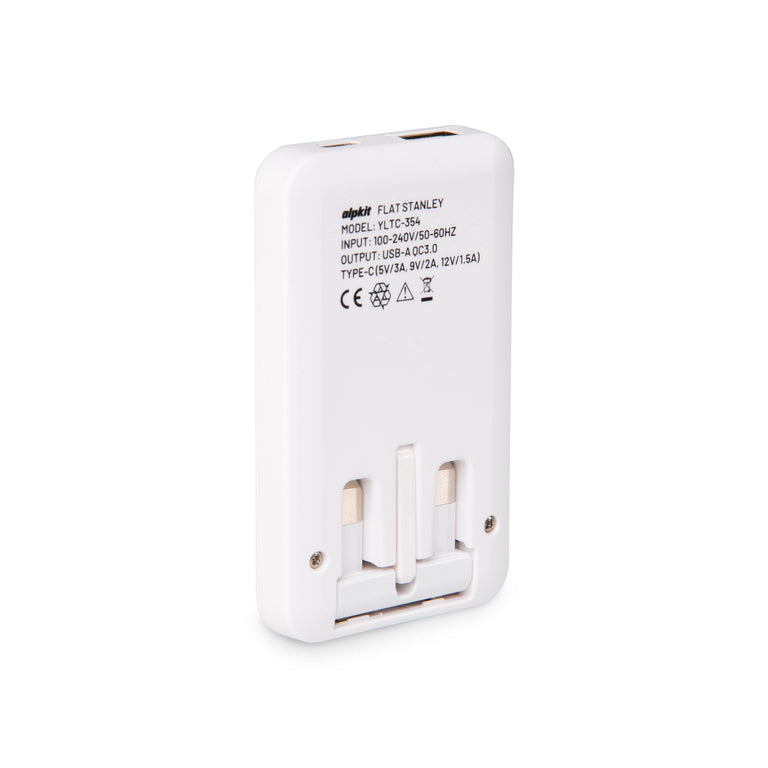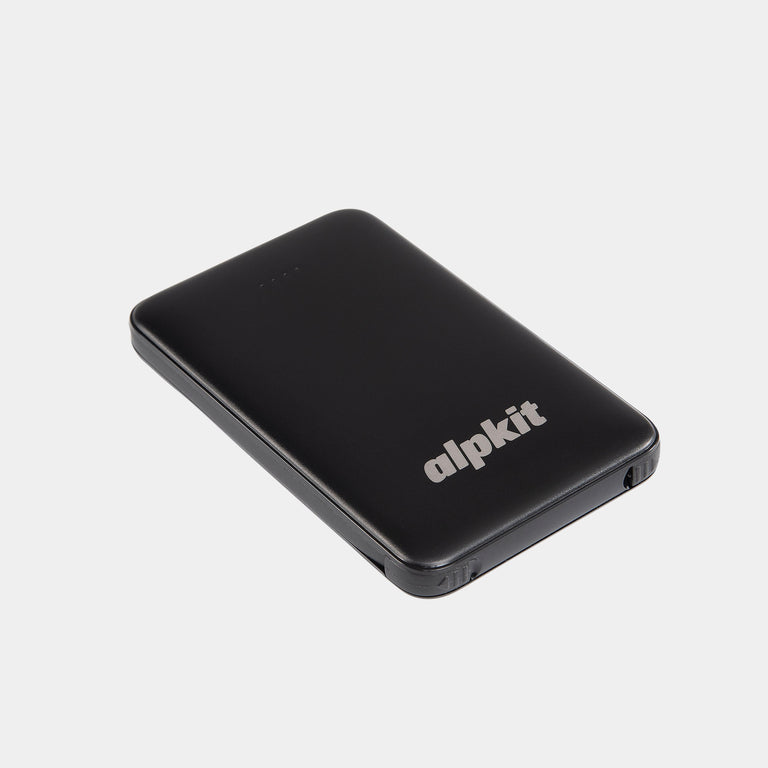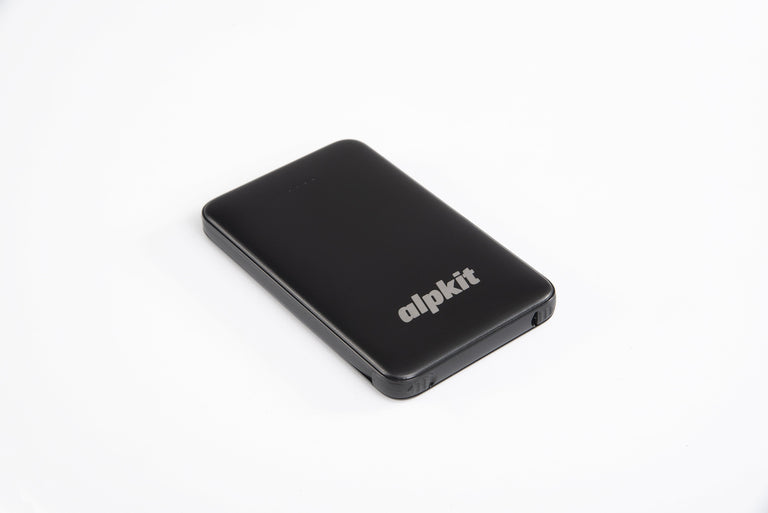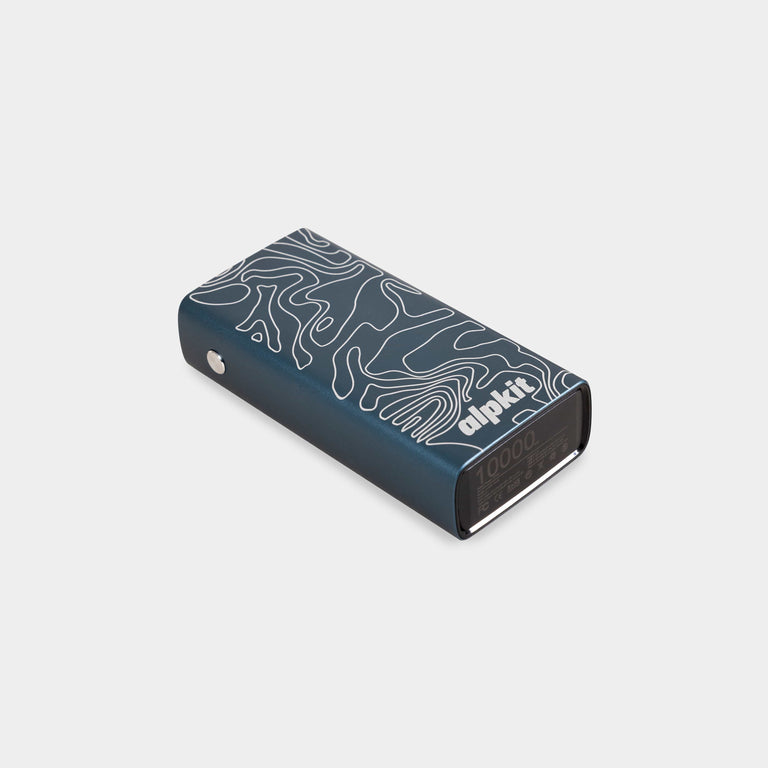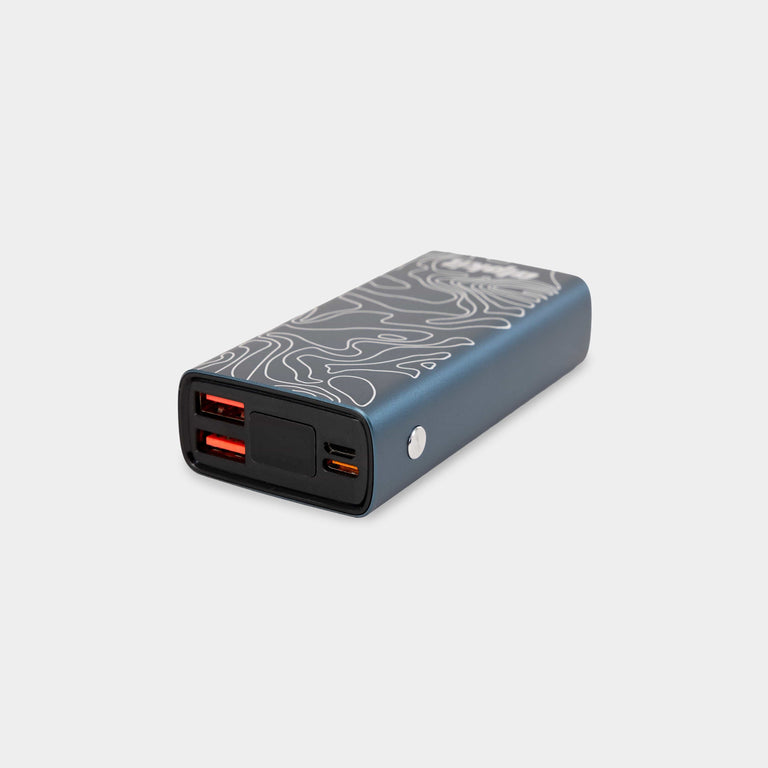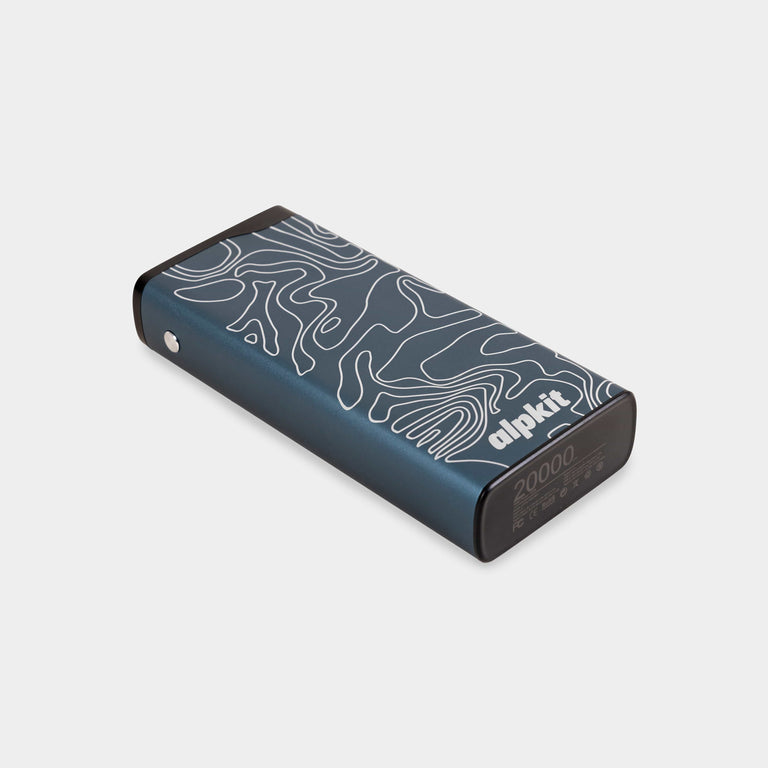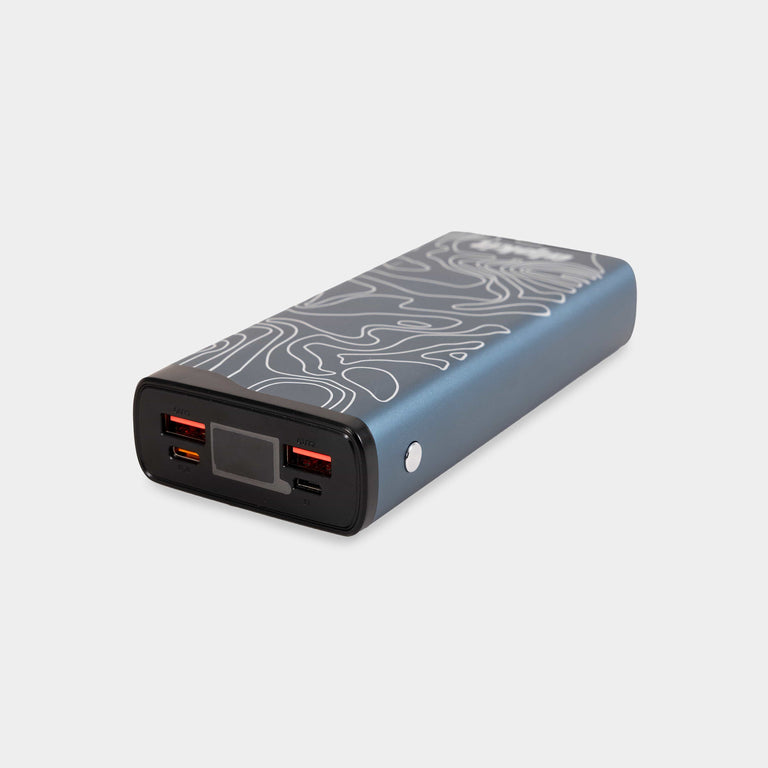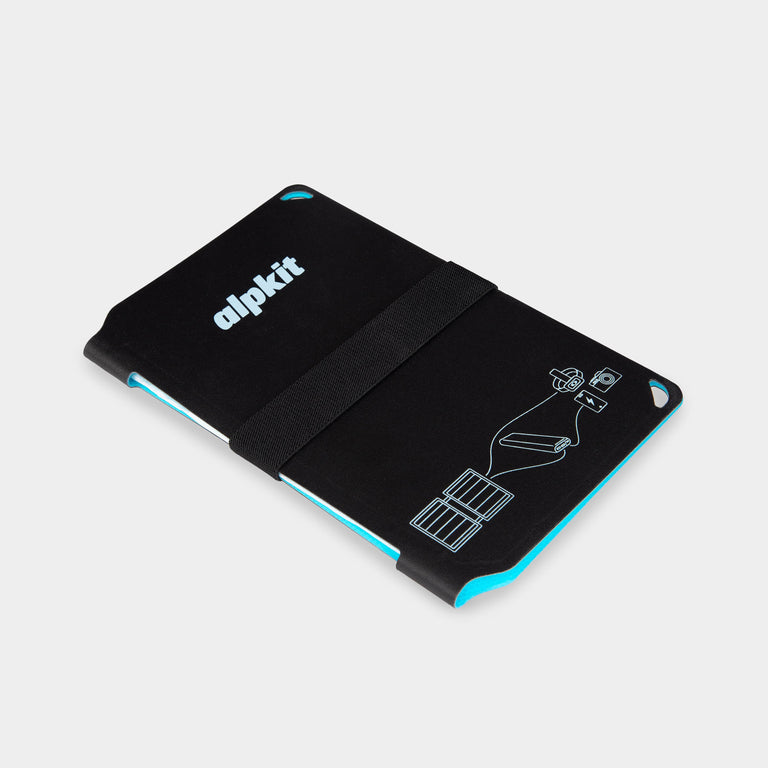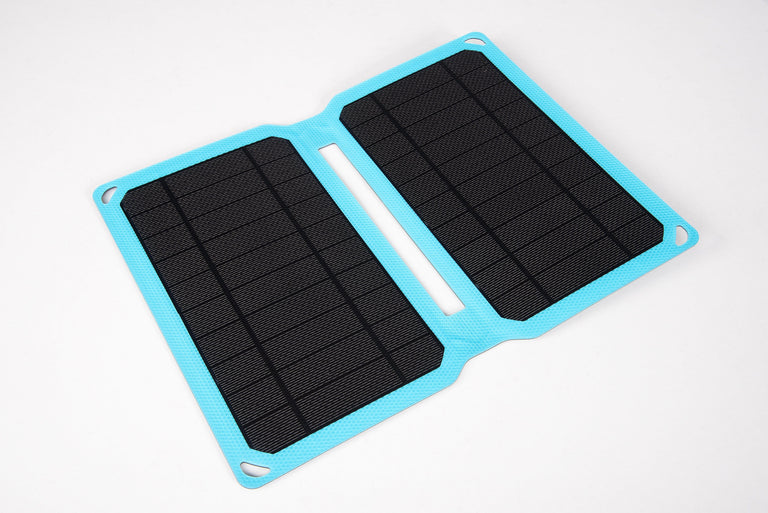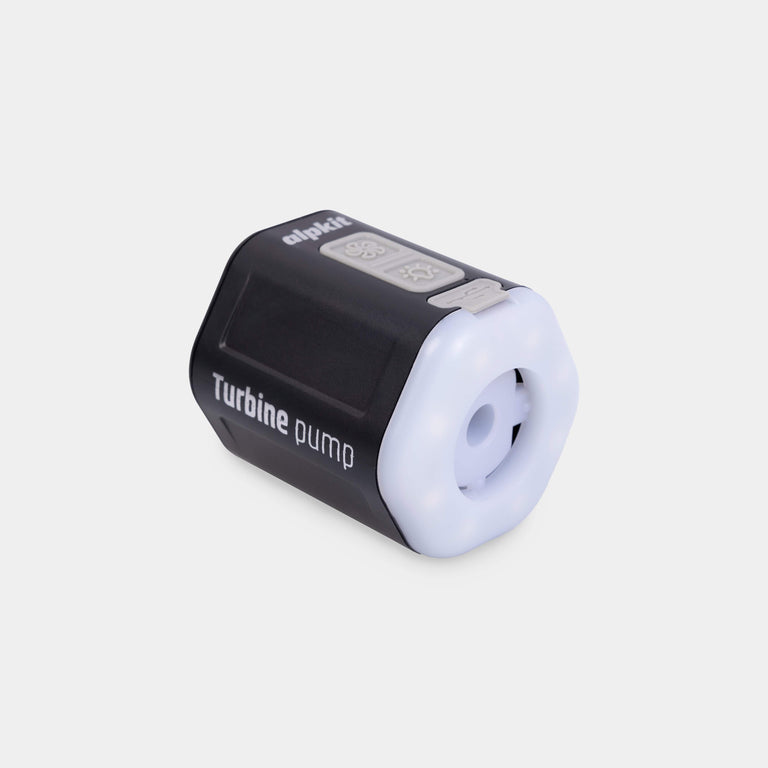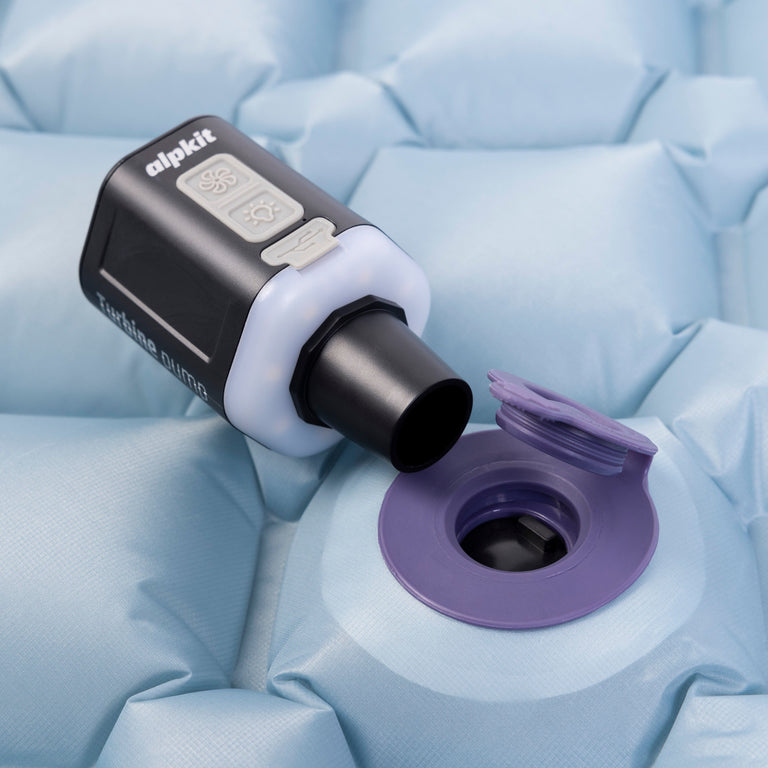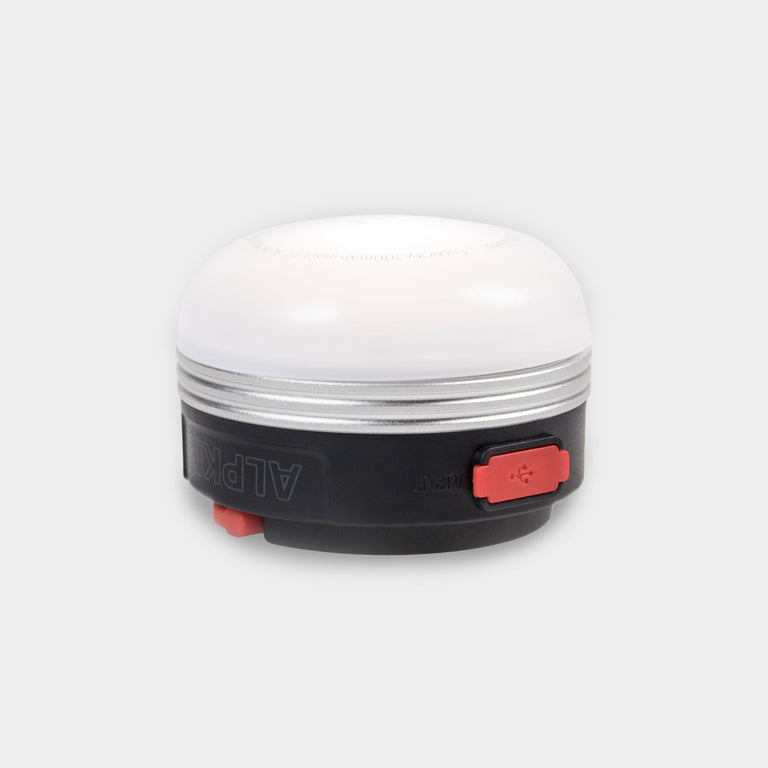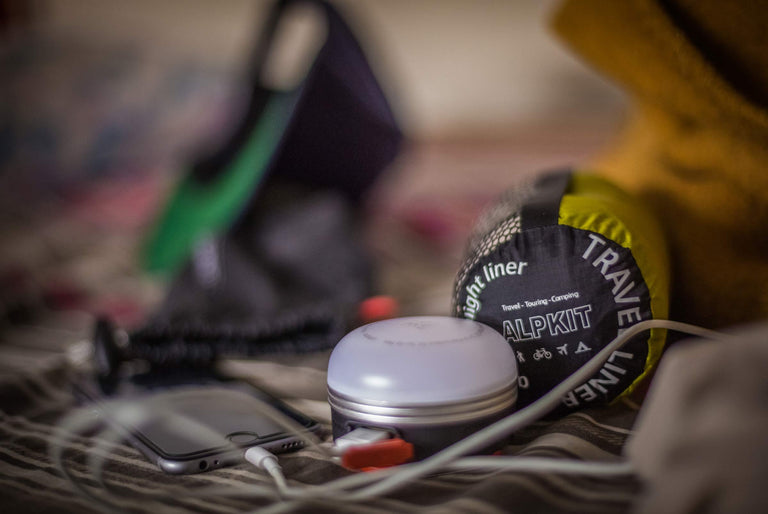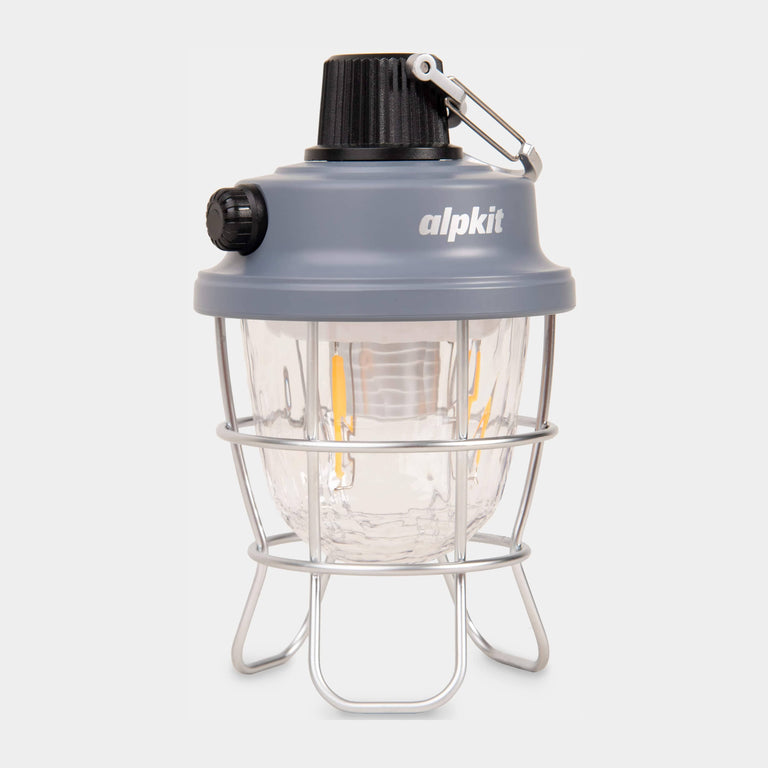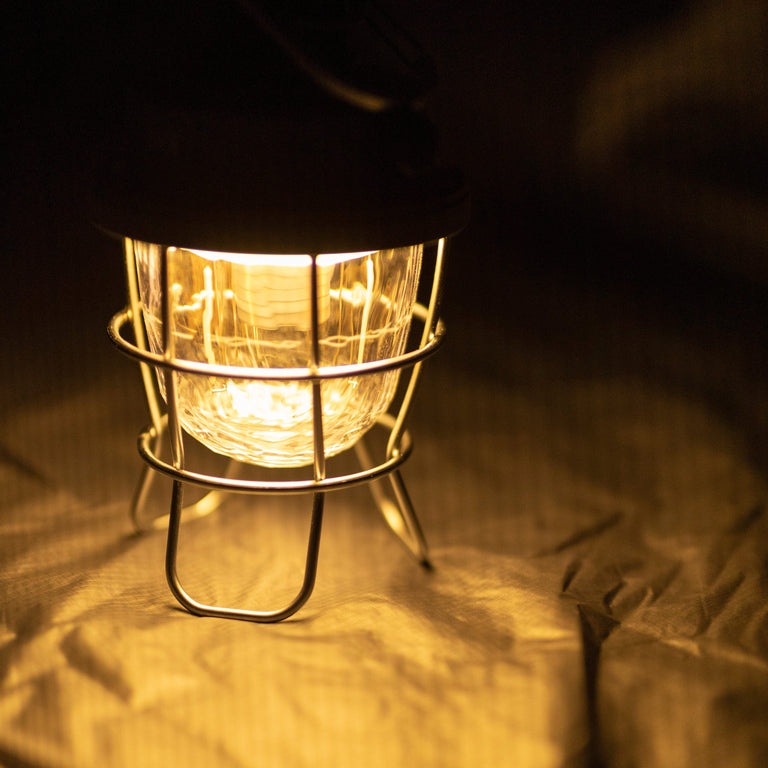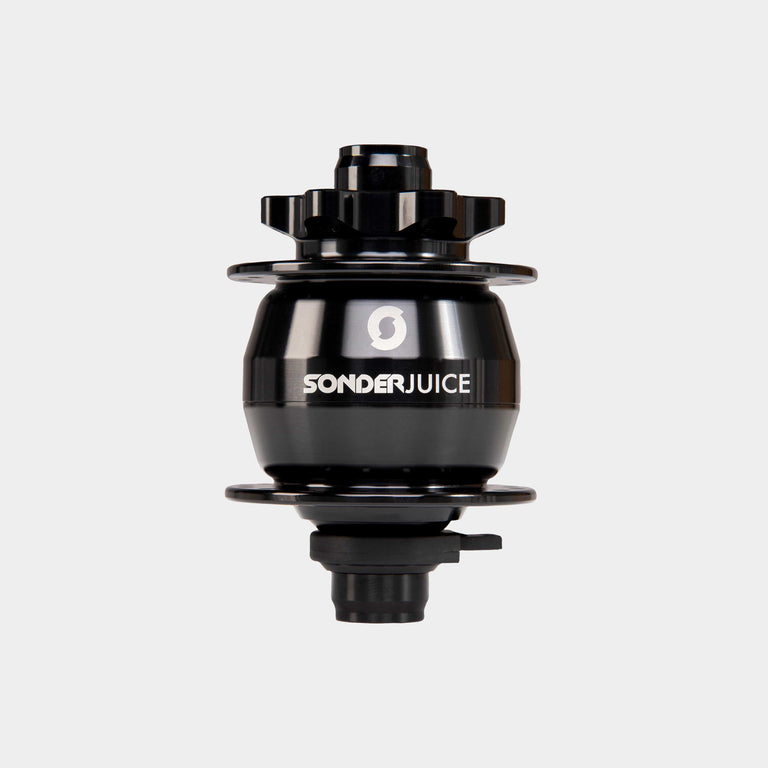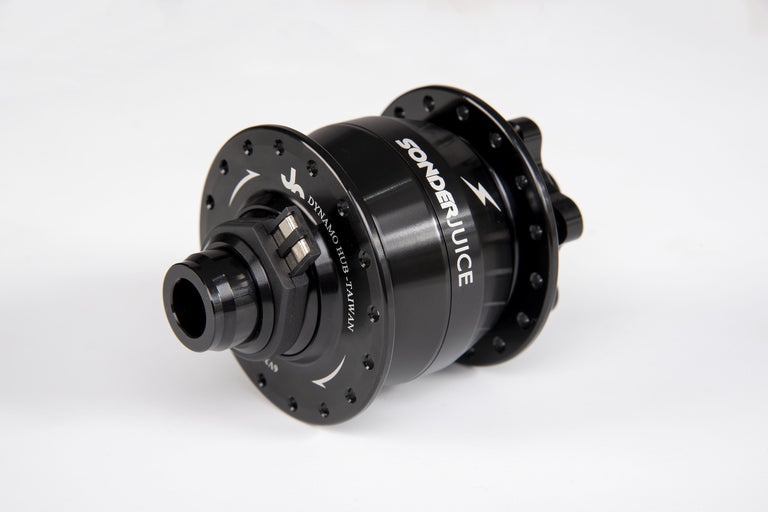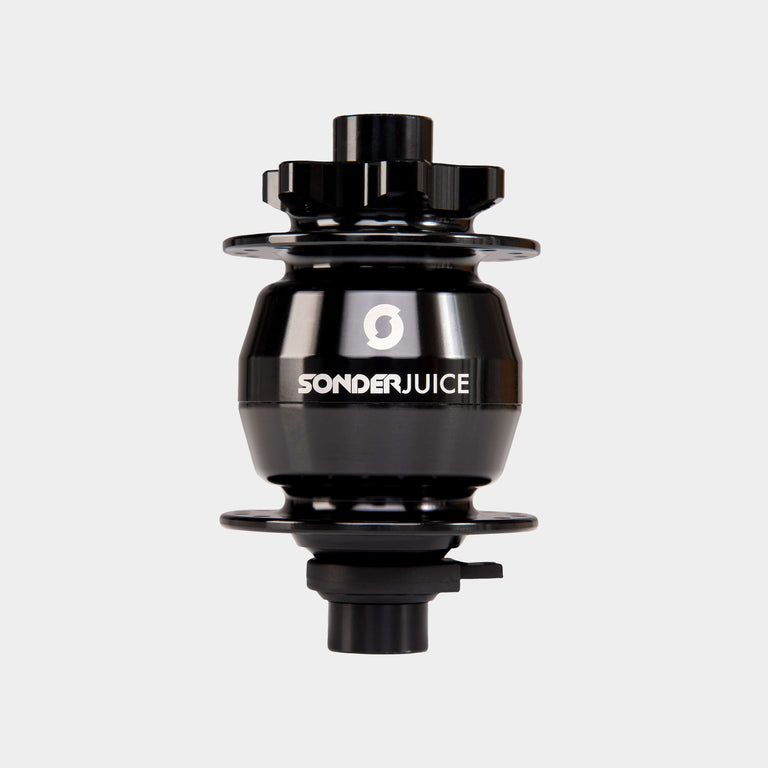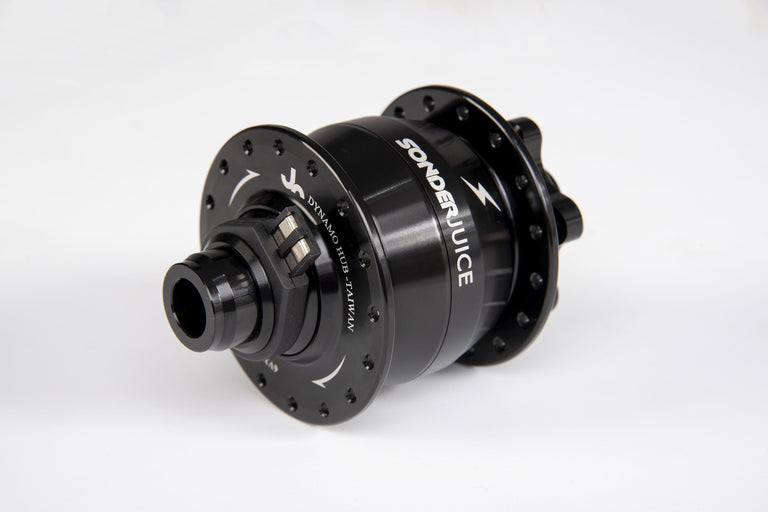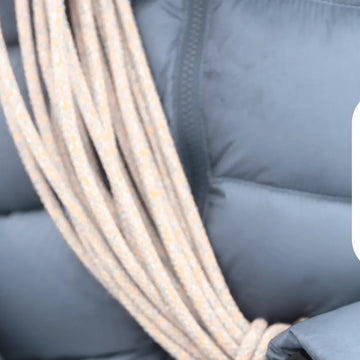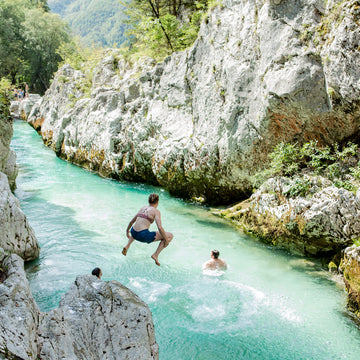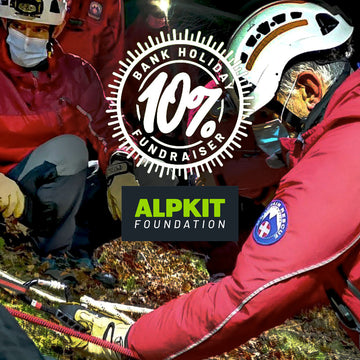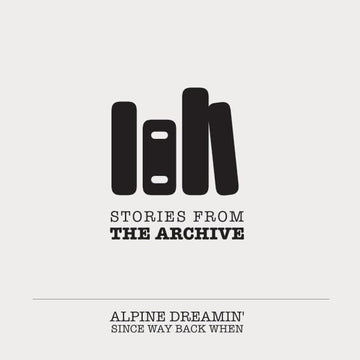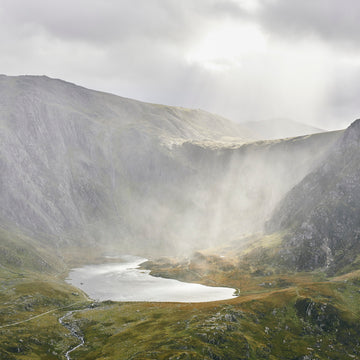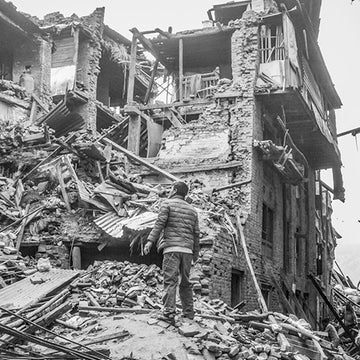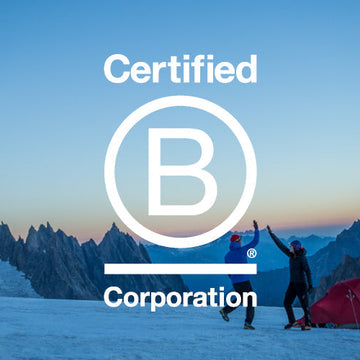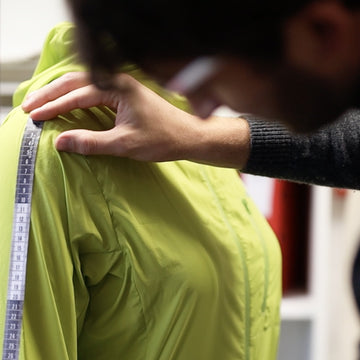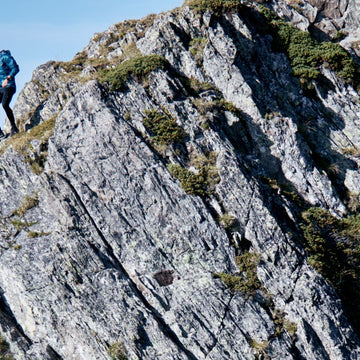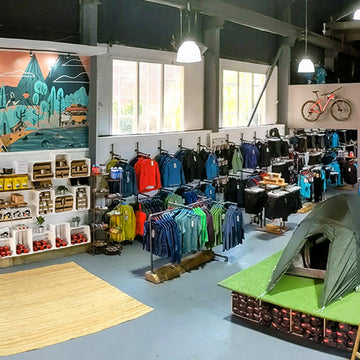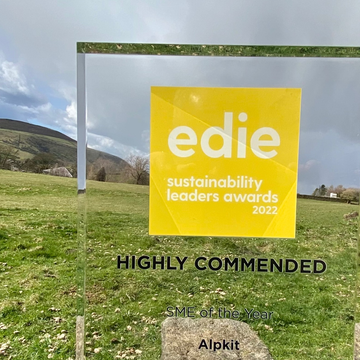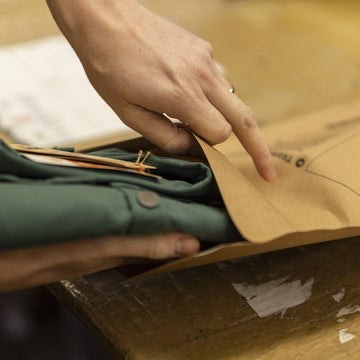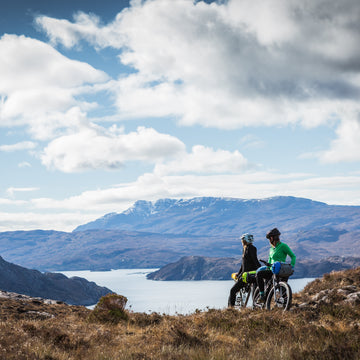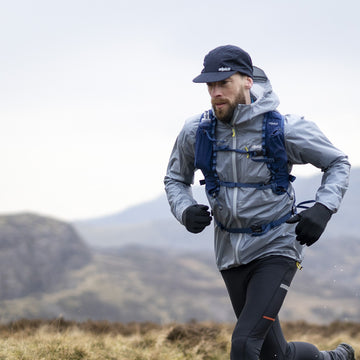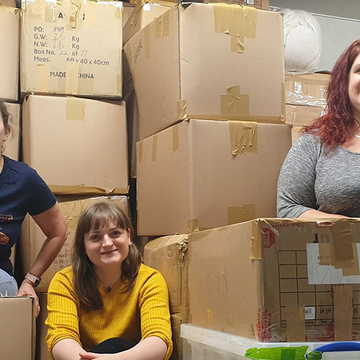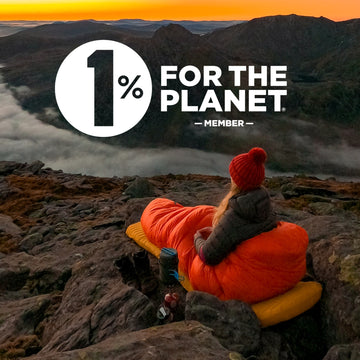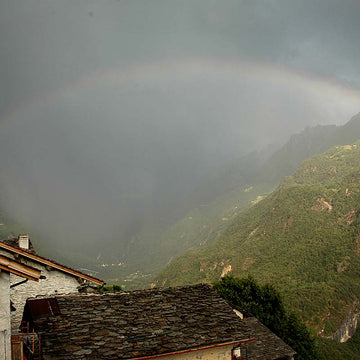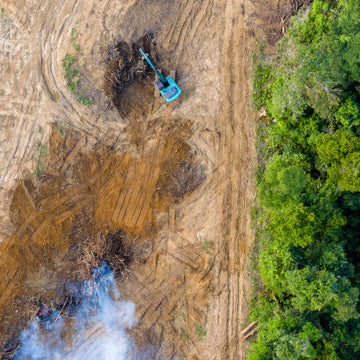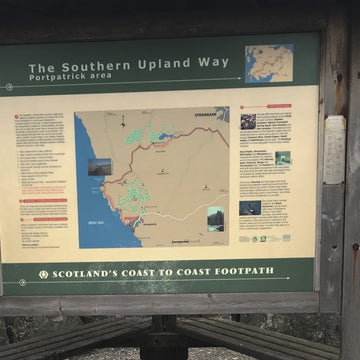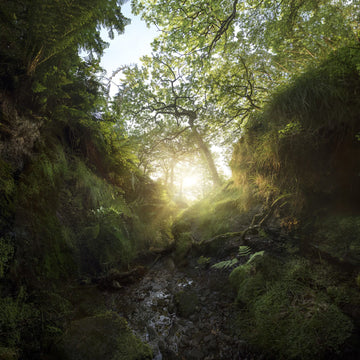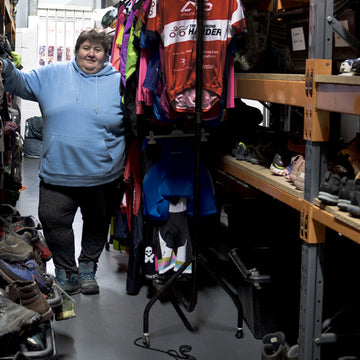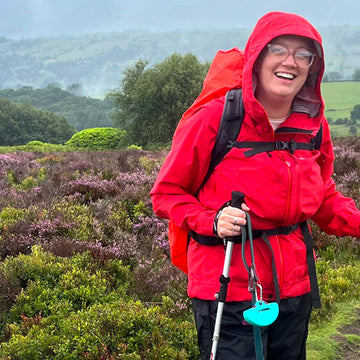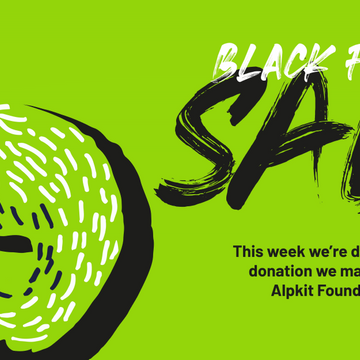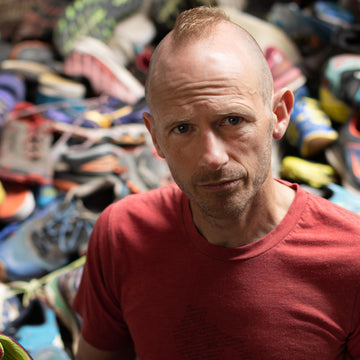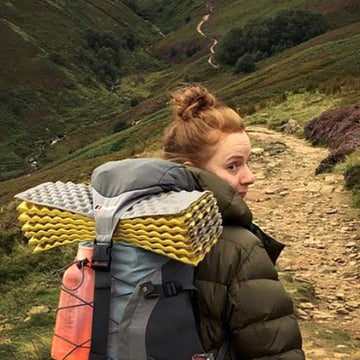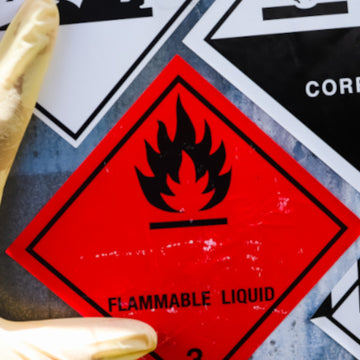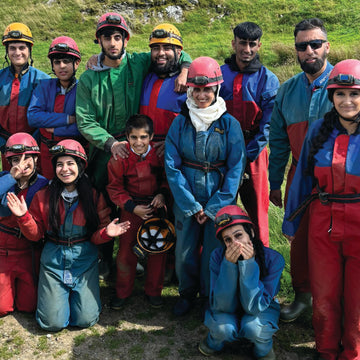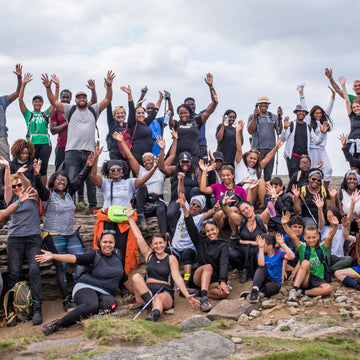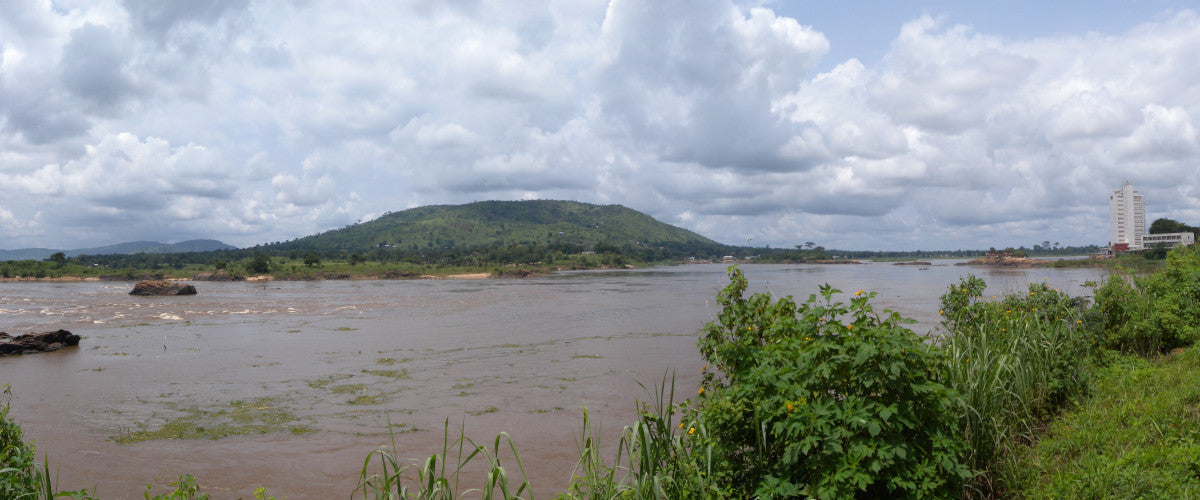
At Alpkit we take our responsibility seriously and work with our factories to make sure we are not indirectly involved in sourcing from conflict zones.
Not in our headtorch, thanks
The gadgets in your gear — torches, batteries, electronics — often rely on minerals like tin, tungsten, tantalum, and gold. Some of these “3TG” minerals are mined in conflict zones, where armed groups exploit workers, fuel violence, and destroy communities. We don’t want to be part of that.
So we work only with suppliers who provide evidence of due diligence — including OECD-aligned sourcing and smelter verification. The truth is, it’s still incredibly hard to trace every gram, but we’ve joined industry efforts to drive transparency.
Because something small inside your headtorch shouldn’t come with hidden harm. It’s one small light — and we want it to shine clean.
At Alpkit we take our responsibility seriously and work with our factories to make sure we are not indirectly involved in such activity.
A Brief Overview
- What are conflict minerals?
- Are conflict minerals bad for the environment?
- What products use conflict minerals?
- Alpkit Conflict Minerals Policy
- Where can I find out more about minerals from conflict zones?
What are conflict minerals?
Conflict minerals are mined under conditions of armed conflict and human rights abuses. There are 5 main minerals in question, which are tantalum, tin, tungsten, gold, and cobalt. These are sometimes referred to as 3TG.

Are conflict minerals bad for the environment?
Mining in conflict zones is used to raise hundreds of millions of dollars in funding of armed groups, militias and criminal gangs. Mining has little regard for working conditions, human rights and environmental impact.
What products use conflict minerals?
3TG are commonly used in electronic devices from mobile phones to televisions and much is sourced from the Democratic Republic of Congo. The use of conflict minerals is a significant issue for electronics manufacturers such as Apple, Microsoft, and Dell.
Products that we supply that could potentially use 3TG from conflict zones include headtorches, camping lanterns and bike lights, particularly those that include rechargeable batteries.
Alpkit Conflict Minerals Policy
Alpkit is committed to continually developing and improving its practices to human rights, integrity and environmental responsibility. We aim to prevent the use of minerals that directly or indirectly benefit armed groups in conflict zones, such as the Democratic Republic of Congo.
We take a collaborative approach. With every supplier, we speak about why better sourcing is important.
Our supply chain partners sign our Code of Conduct for conflict mineral mining. This takes a forensic look at our supply chain from smelter to manufacturer to ensure the provenance of our raw materials are from trusted, conflict-free, areas.
Where can I find out more about minerals from conflict zones?
There are many resources available online to learn more about minerals from conflict zones.

